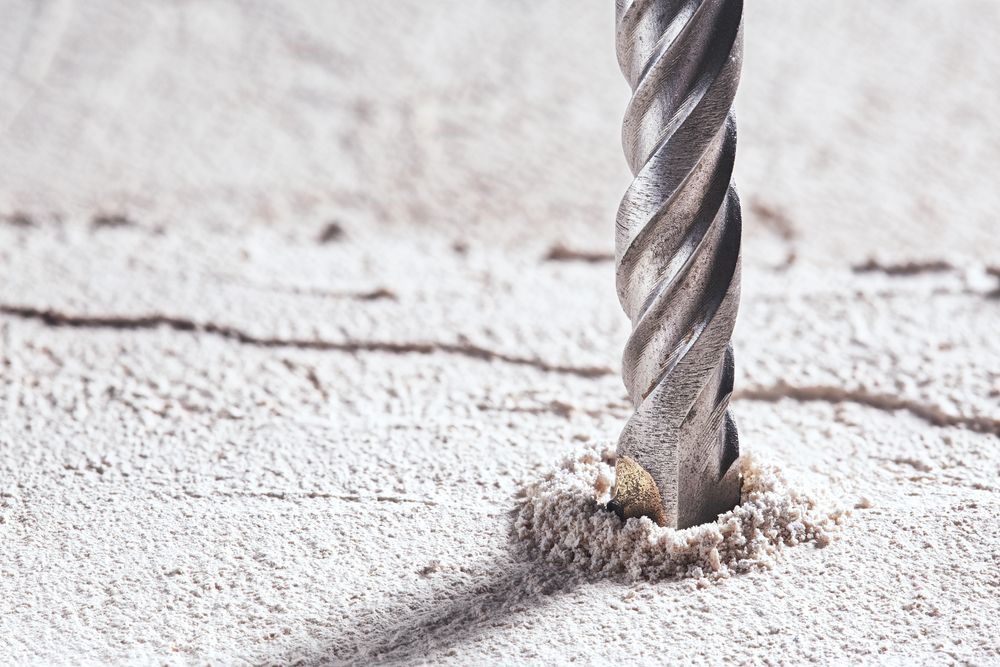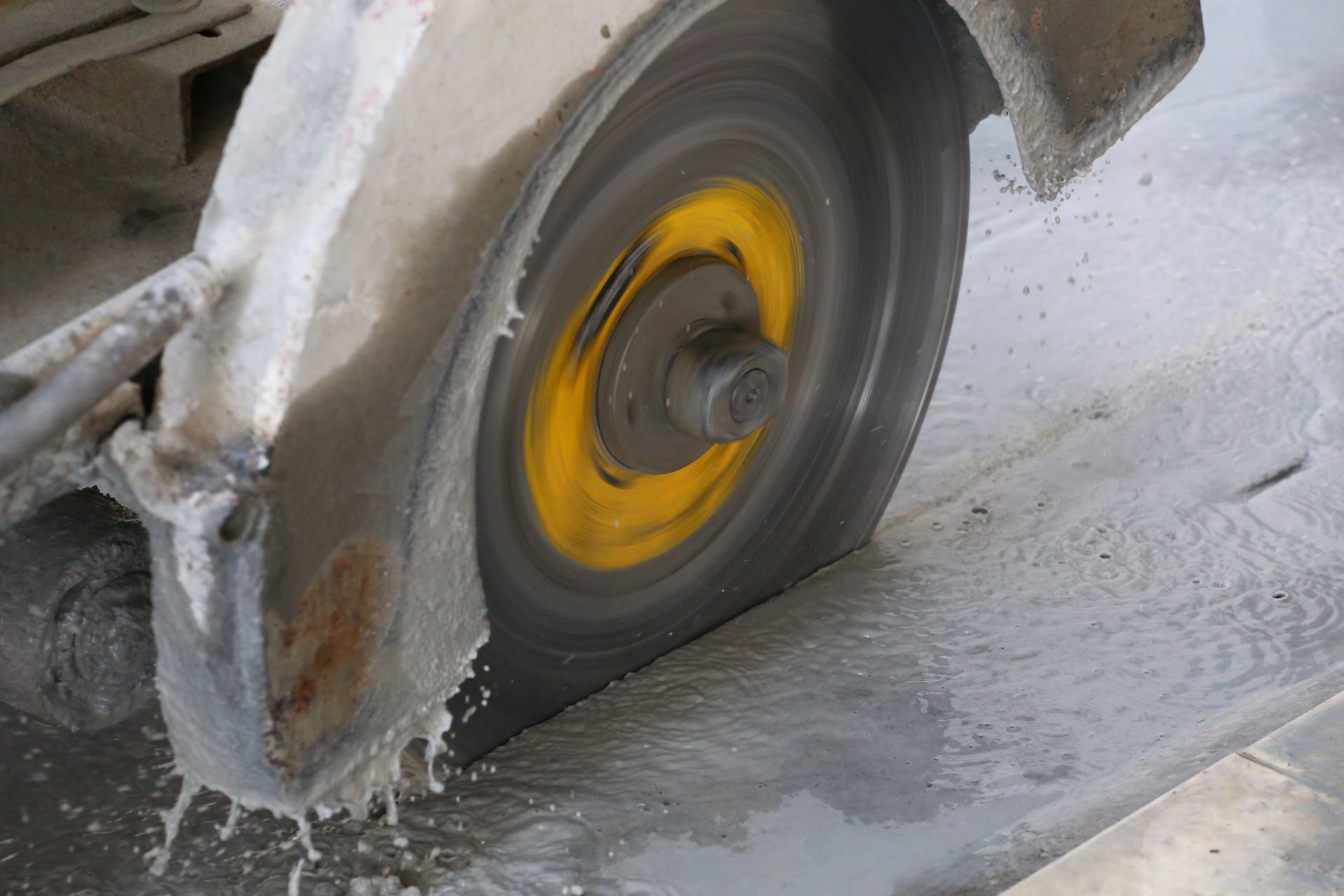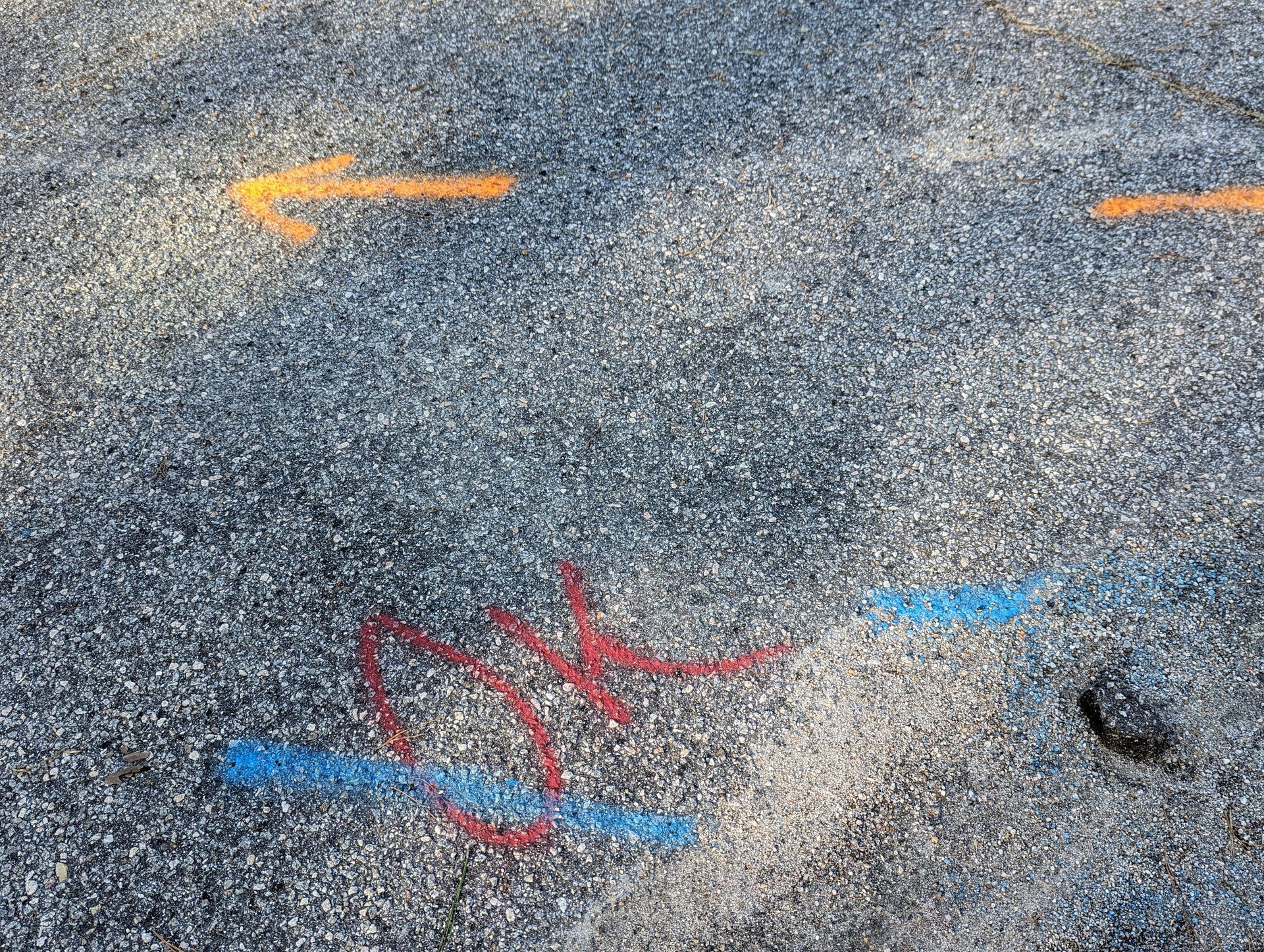How to Drill Into Concrete Like a Pro - Or Hire One
Share this article:
Written by: Cobra Concrete Southeast

The Challenge of Drilling Into Concrete
Concrete is built to last, and that’s what makes it tough to drill. Unlike softer building materials, concrete is dense, abrasive, and often packed with rebar, mesh, or post-tension cables. This combination turns what seems like a simple task into a job that needs serious tools and know-how. Without proper prep and technique, you can easily break bits, damage the structure, or waste hours trying to get through the surface. It’s not a job to take lightly.
Essential Tools & Equipment for Concrete Drilling
Drilling into concrete takes more than just muscle — it takes the right gear. You need a hammer drill or rotary hammer to get through the material. For large holes or professional-grade jobs, diamond core drills are the tool of choice. These are built to handle friction and heat while creating clean, precise cuts. You’ll also need heavy-duty masonry bits, a solid drill stand, and PPE like gloves, safety glasses, and ear protection. On deeper jobs or when dealing with reinforced concrete, water-cooled systems help reduce dust and keep the equipment running cool.
Step-by-Step Guide: How to Drill Into Concrete Like a Pro
Marking the spot and prepping the surface
Always start with accurate measurements and a clear mark using chalk or a pencil. If the surface is smooth, use a center punch to keep the bit from drifting. Before you begin, check for cracks or weak points. If there’s a chance of hitting rebar, conduit, or cables, scan the area first. Professionals use ground penetrating radar (GPR) to avoid costly damage.
Using the correct drill settings
Set your drill to hammer mode. Standard drilling won’t cut it here. Secure the bit and start at a low speed to maintain control. Let the drill do the work — pushing too hard can overheat the bit or break it.
Drilling in stages to prevent overheating
If you're drilling a deep hole, take your time. Drill a few inches, then pull back to clear the dust and let the bit cool. On pro setups, water helps with cooling and dust control. For indoor jobs, use dry drilling with a dust collector to keep cleanup easy.
Managing dust and debris
Concrete dust is a serious issue. It’s rough on your lungs and your equipment. Use a vacuum or dust extractor while drilling, and wear a respirator or dust mask. Keeping the work area clean helps with visibility and produces better results.
Installing anchors or fasteners properly
Once the hole is drilled, clean it thoroughly with compressed air or a vacuum. Anchors need a clean surface to grip properly. Depending on your hardware, follow the specs for hole depth, torque, and curing times to make sure everything holds strong.
Common Mistakes & How to Avoid Them
Even experienced crews can make simple mistakes when working with concrete. Watch out for these:

Using the Wrong Equipment
Regular drills won’t do the job. Always use a hammer or rotary hammer with masonry or diamond-tipped bits.
Skipping the Scan
Hidden rebar or live conduit can be dangerous. Use GPR or call in a pro.
Applying Too Much Pressure
Forcing the drill can burn out bits and damage the surface. Use steady, even pressure.
Neglecting Dust Control
Concrete dust is harmful. Wear a respirator and use dust collection whenever possible.
Not Cleaning the Hole
Dust and debris inside the hole will weaken your anchors. Always clean thoroughly before installing.
Avoiding these issues means better results, fewer delays, and a safer job site.
When to Call in the Professionals
Some jobs are just too big, too risky, or too precise to DIY. If you're working with load-bearing structures, need wide or deep core holes, or are unsure what's inside the concrete, it’s time to bring in an expert.
Professional crews offer more than just high-powered tools. They have the training to scan for embedded utilities, drill with accuracy, and keep the jobsite safe. If precision and speed matter — and they usually do —
hiring a contractor will save you time and reduce the chance of costly mistakes.
Cobra Southeast delivers professional core drilling services for everything from home projects to heavy commercial work. If you need it done right the first time, you can request a quote and get our crew on the schedule.
Why Cobra Southeast Is the Right Choice for Concrete Drilling
We know concrete. At Cobra Southeast, our team combines decades of experience with the best equipment in the field. We handle all types of concrete drilling — from small holes to large-diameter core cuts in reinforced walls and slabs.
Our specialty is diamond core drilling, which produces clean, accurate holes with minimal vibration. Before we drill, we use advanced scanning tools to locate rebar, pipes, and conduits so we don’t cut blind. That kind of attention to detail means fewer surprises and smoother jobs.
Cobra Southeast is backed by the strength of Cobra Concrete, one of the Midwest’s most trusted names in concrete cutting and coring. We carry that same reputation for hard work, reliability, and safety into every job across the Southeast.
Drill Smarter, Not Harder
Concrete drilling isn’t something you want to guess at. Doing it right means having the right tools, the right crew, and the right plan.
At
Cobra Southeast, we drill with purpose, precision, and professionalism. No shortcuts. No surprises. Just clean, efficient results every time.


